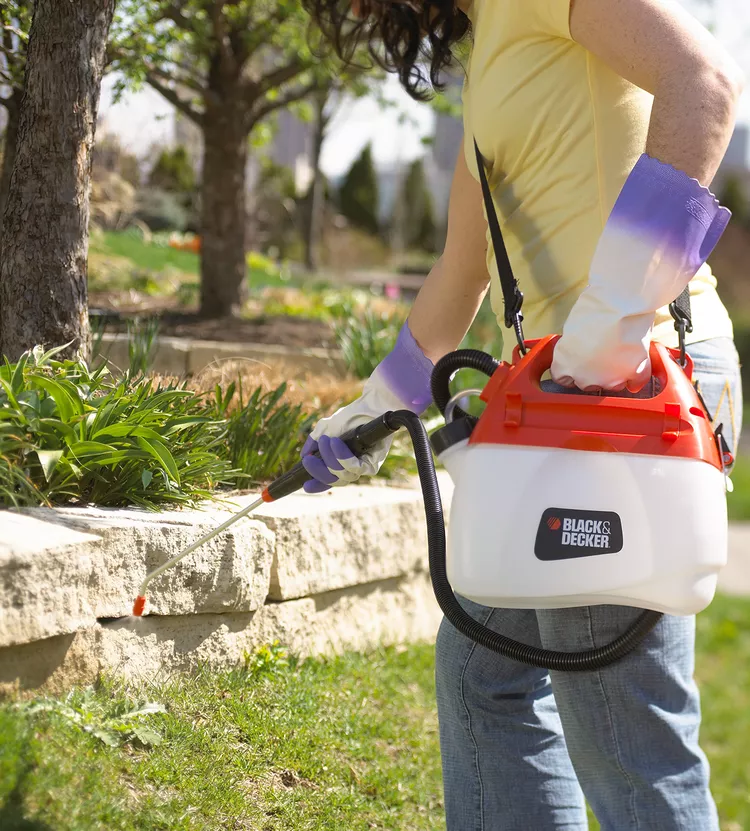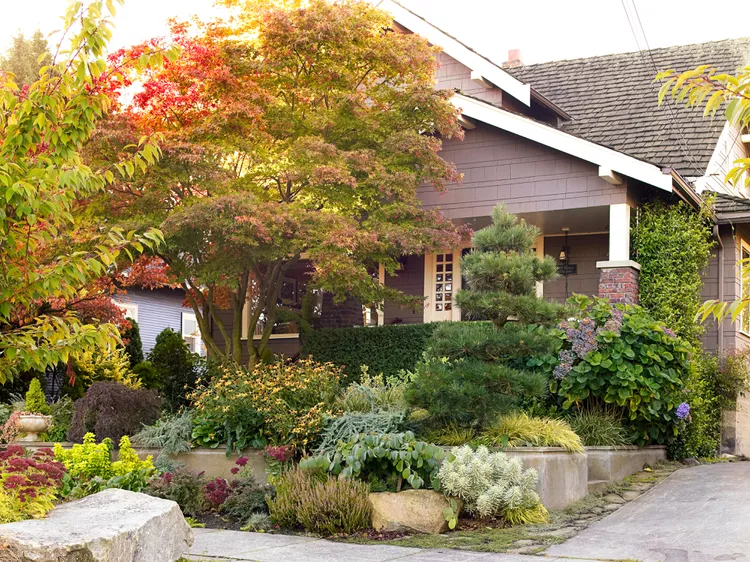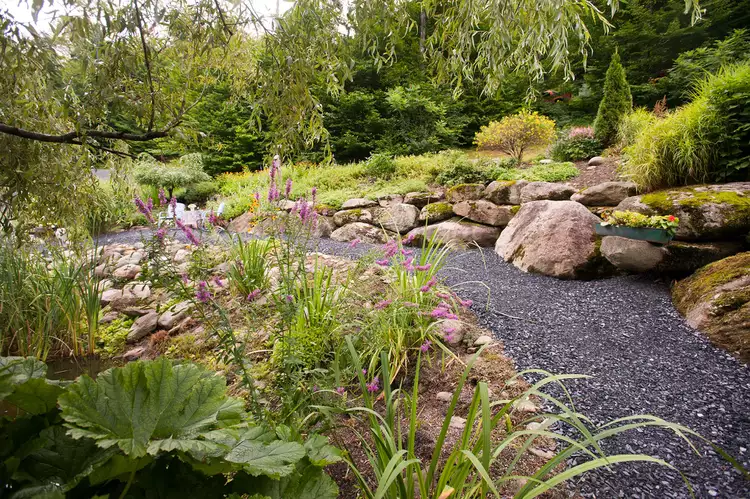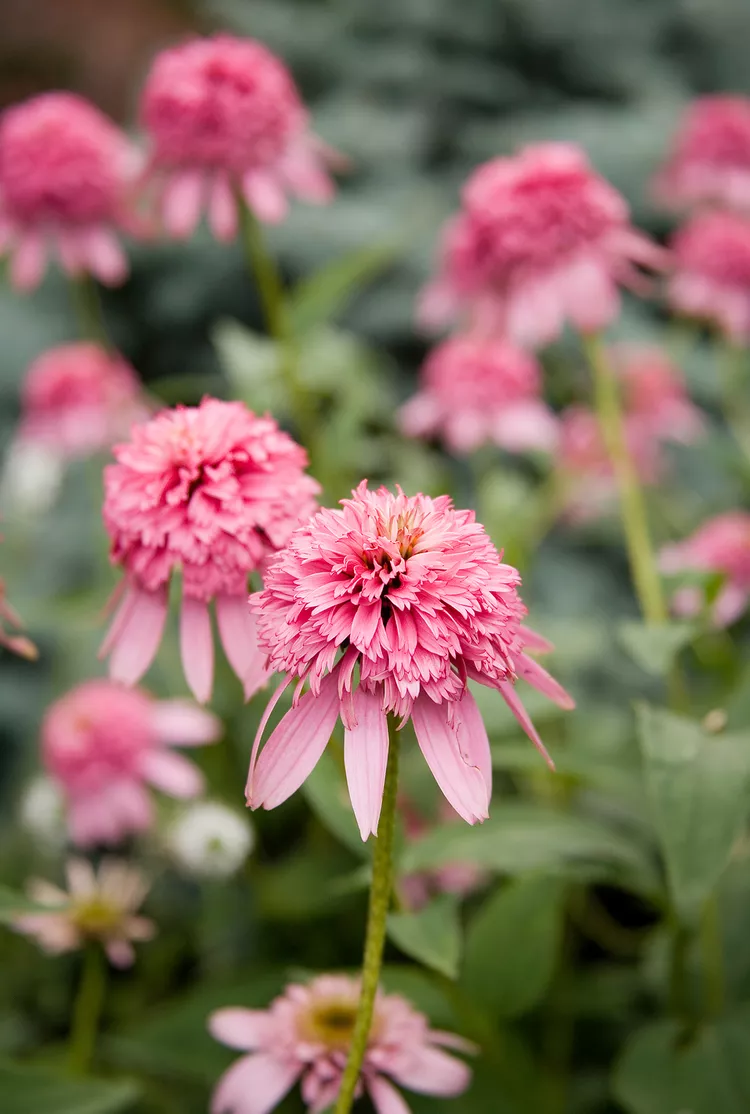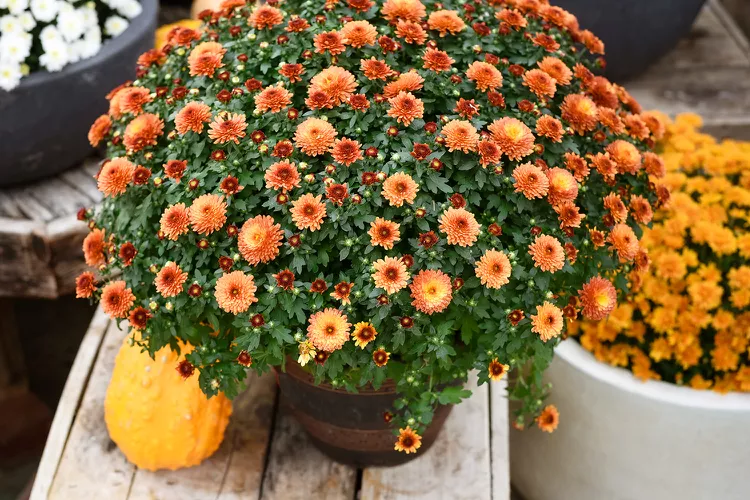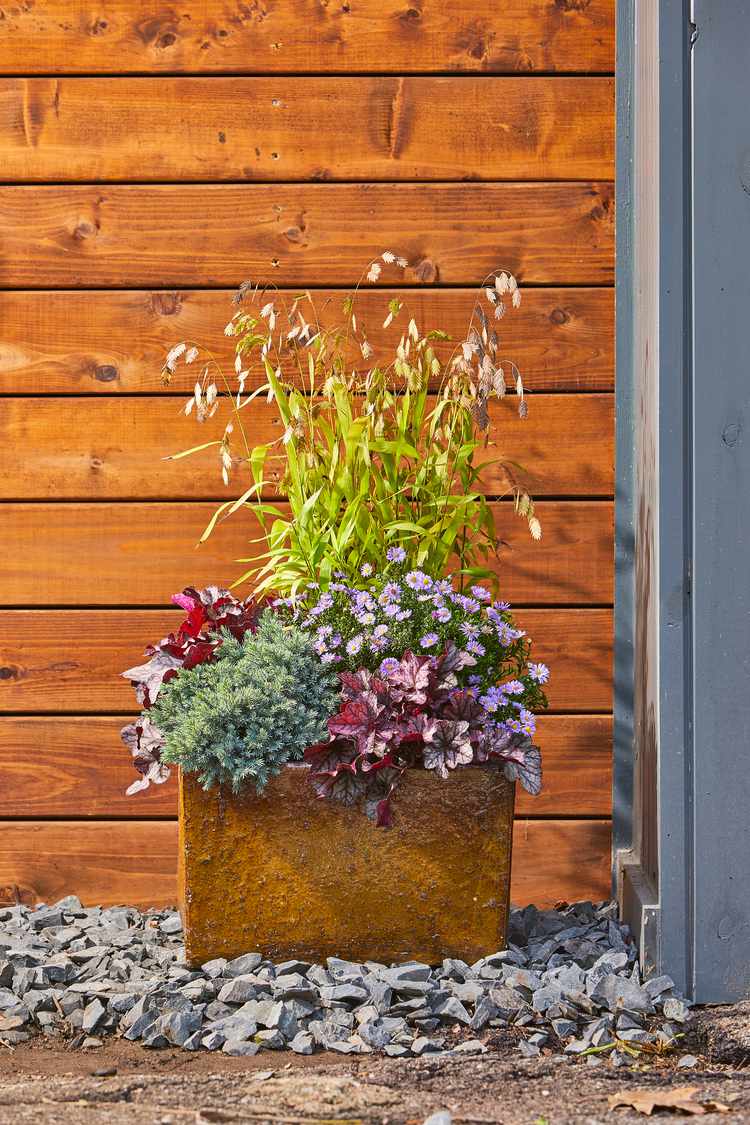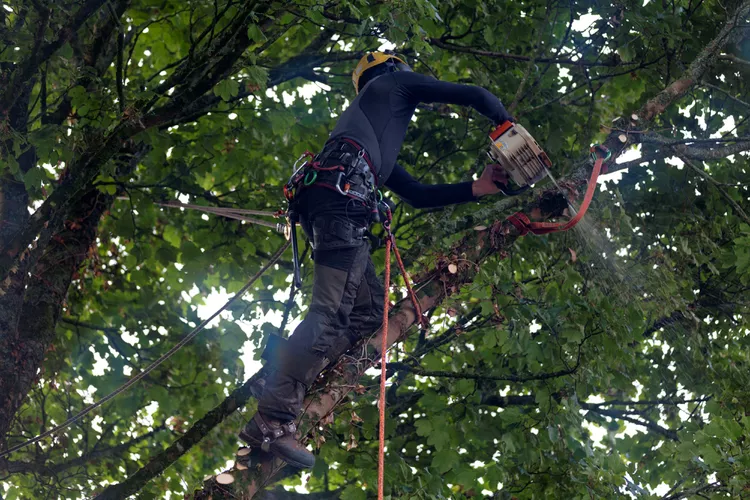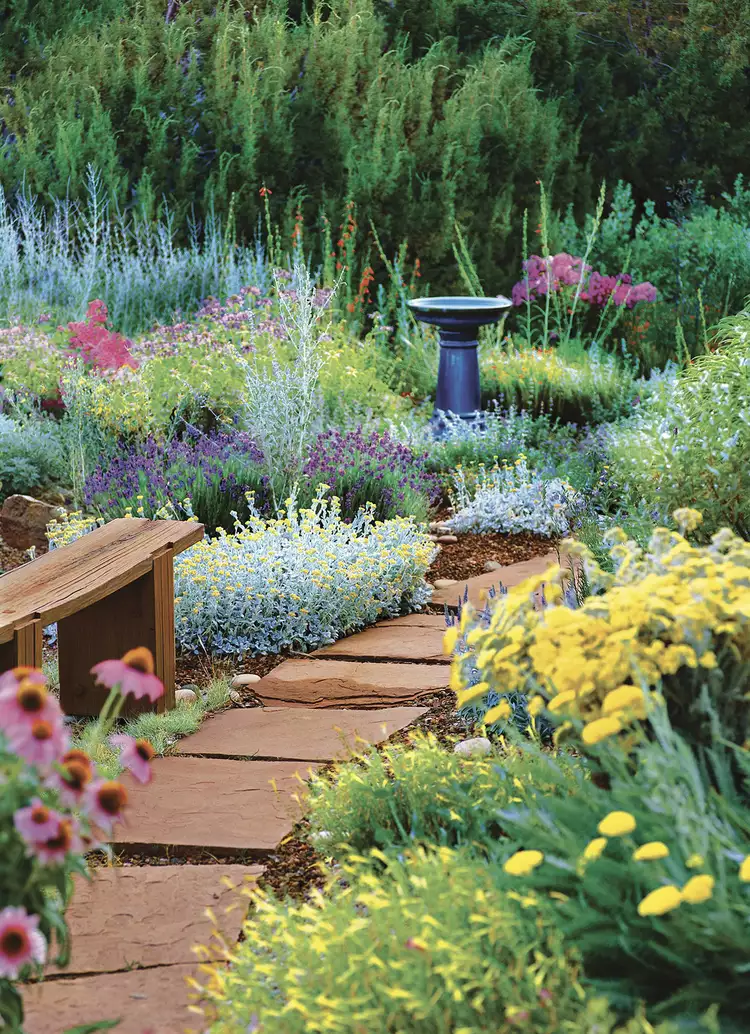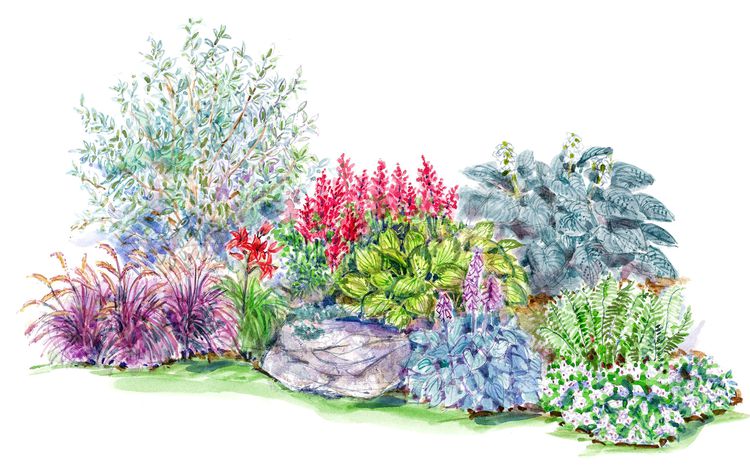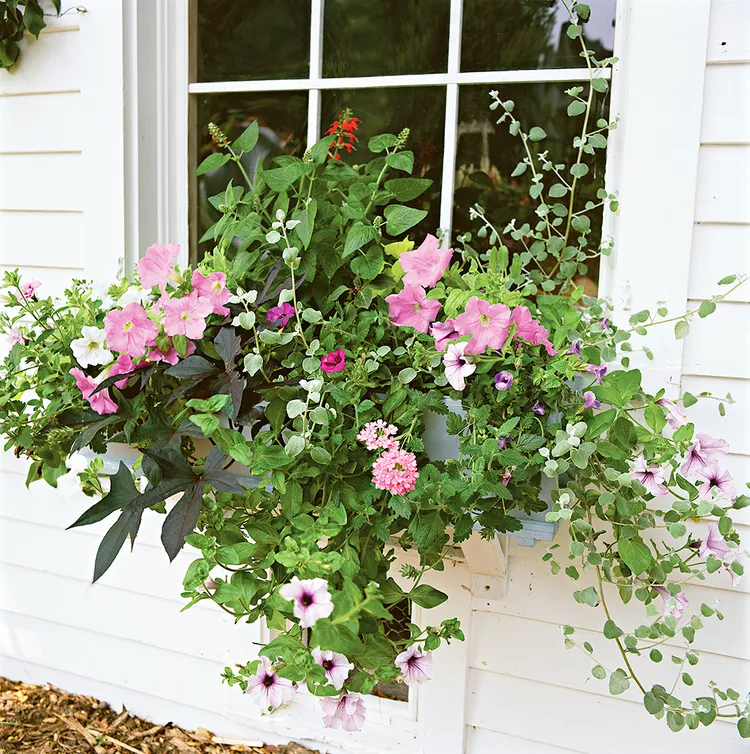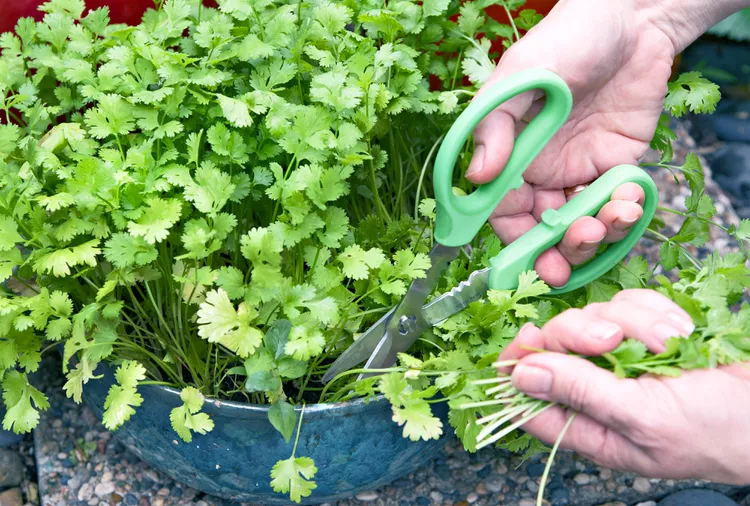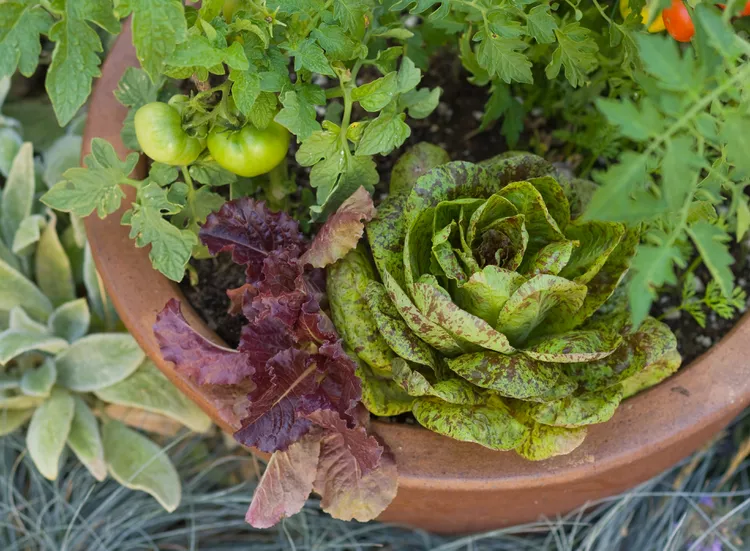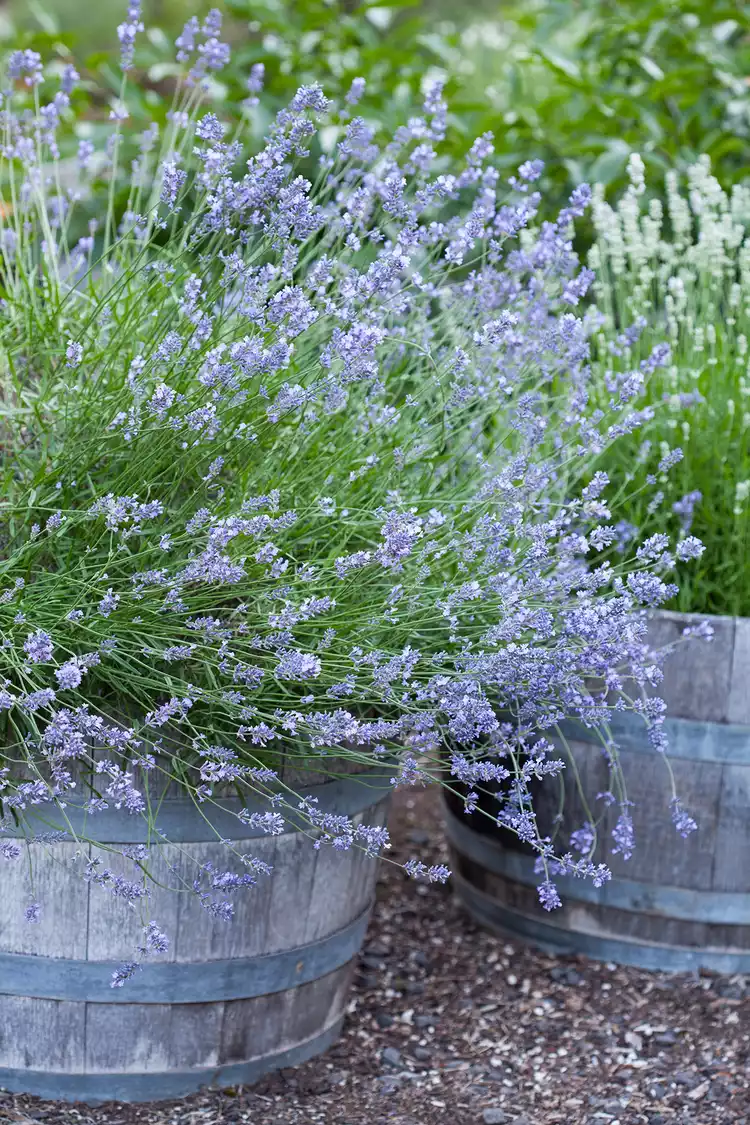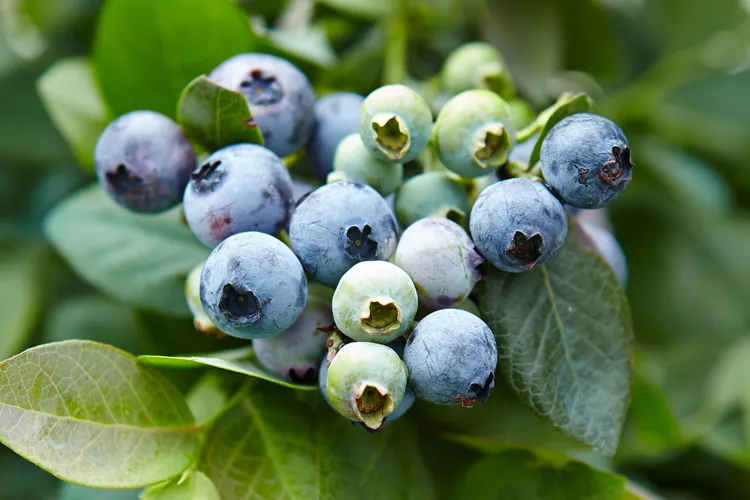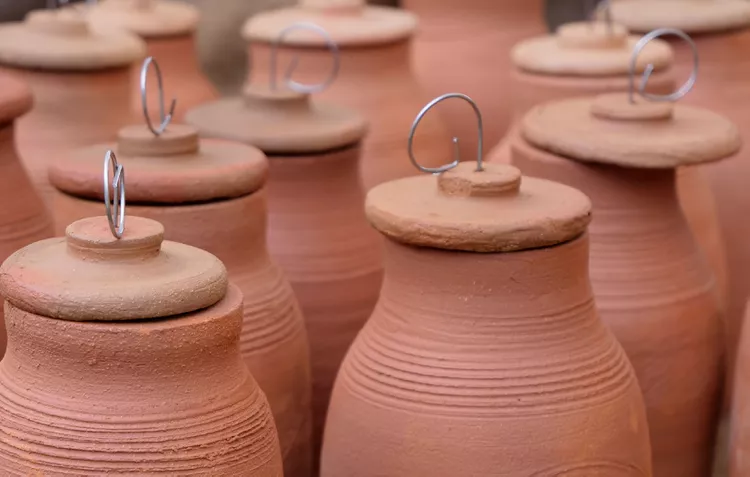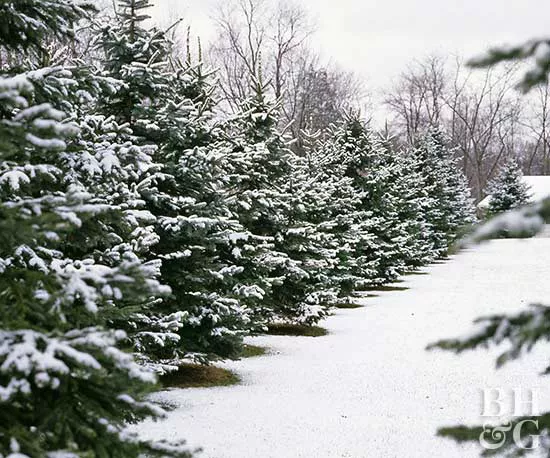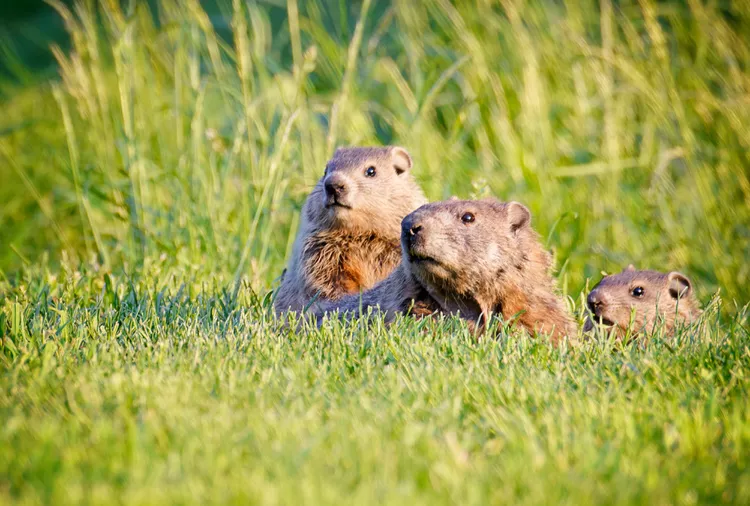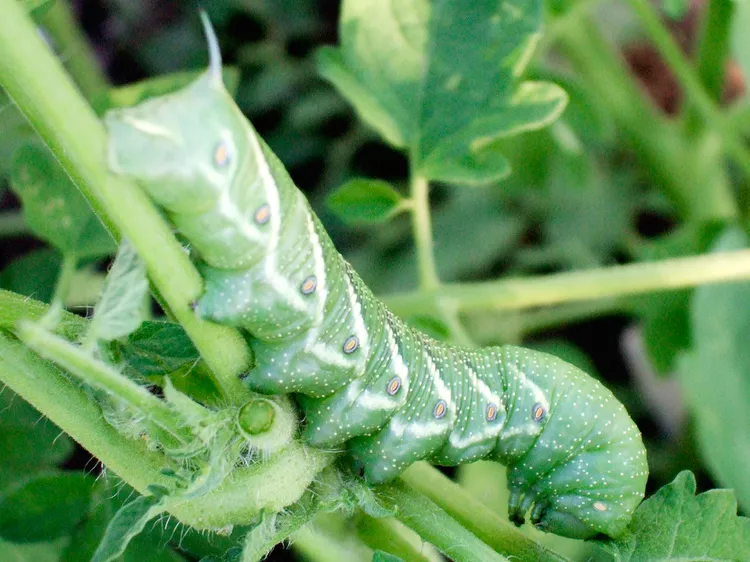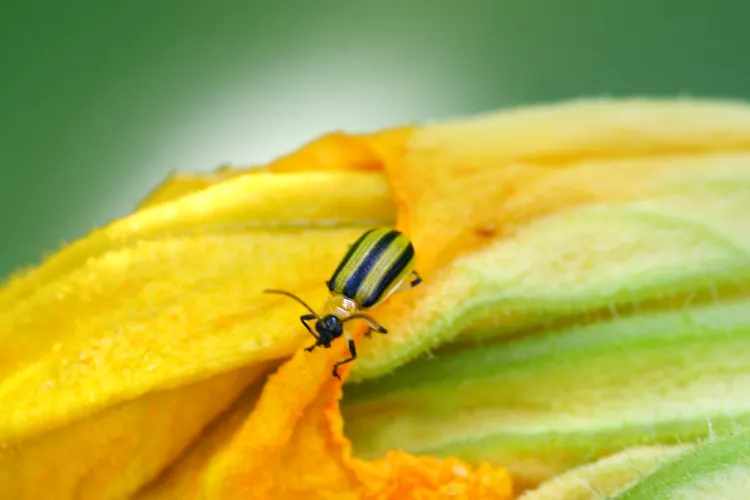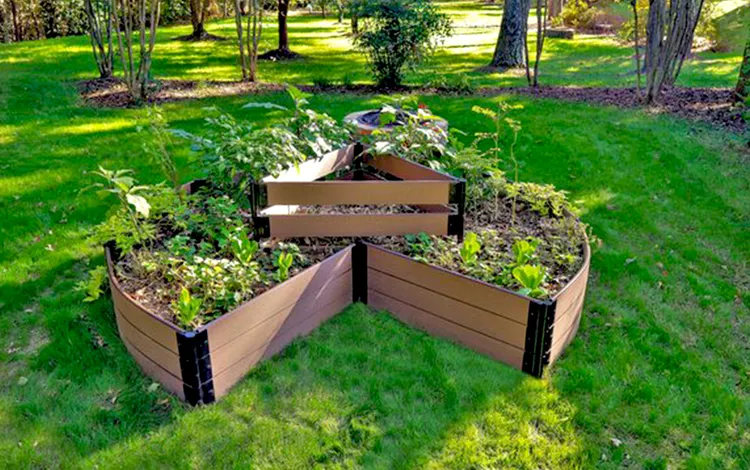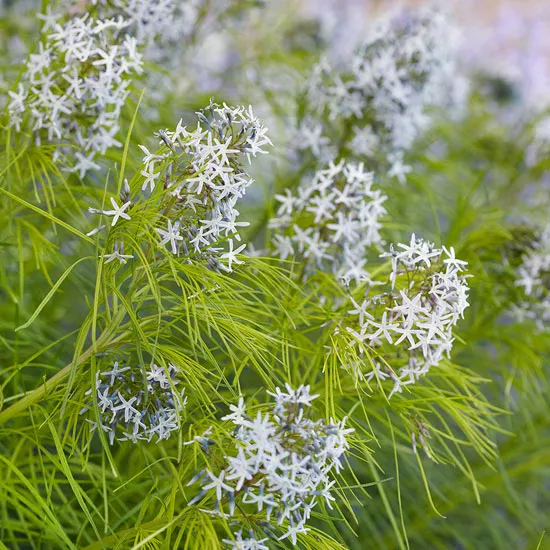Weeds are the bane of a gardener's existence. They grow, seemingly overnight, choking out healthy flowers and vegetables and starving them of water, sunlight, and nutrients. There are several weed killer methods to deal with unwanted plants. Garden centers stock entire aisles of products promised to curb leafy invaders and put a fast stop to a garden insurgence. Often, when the weeds appear to be winning the battle, it feels easiest to grab a product and attack. But take a few minutes and consider your enemy, the surroundings, and the best product or practice for the job at hand. Here are five must-know weed killer tips before your grab the spray bottle.
1. Begin with Prevention
The weed war begins before the invaders take root. Create a garden that favors the plants you want to thrive and discourages weeds. It's all grounded in healthy plant care. That means growing plants suited for your microclimates (shade lovers in shade, sun lovers in sun) and providing adequate moisture and regular mulch. When plants are healthy, they thrive. Healthy garden plants and vigorously growing lawns will blanket open soil, preventing weeds from getting a foothold.
Vigilance is also key: Walk around your landscape once a week, pulling small weeds before they have a chance to get established. Tip: The best time to pull weeds is after a light rain when roots come out more easily.
2. Know the Enemy and the Surroundings
The first step in identifying a product or practice to kill the trespasser is to name the weed. What weed are you fighting? Learn how to identify the weeds growing in your garden.
Weed killing products are weed-specific. A product that kills one weed might not phase another. Also, take a look at what is growing nearby. In general, weed killers are not appropriate for use on or near plants that are to be eaten. Some weed killers, including weed and feed, may drift in the breeze and kill nearby plants that are germinating.
3. Consider the Impact
Often the impact of a weed control product goes beyond the weed you are trying to control. Weed control products, or herbicides, are chemicals that cause a plant to stop functioning properly. The product has the potential to have a similar effect on non-weed plants and animals. Plants and animals have varying sensitivities to environmental factors, which amplifies the fact that weed products must be used with care and caution.
4. Follow the Label (It's the Law)
Product labels provide critical information about how to safely handle and use the weed product. The Environmental Protection Agency oversees the label content based on scientific data on the potential health and environmental effects. Pesticide labels, unlike most other product labels, are legally enforceable. They all carry the statement, "It is a violation of the Federal law to use this product in a manner inconsistent with its labeling." In other words, the label is the law. Don't use the product for any other purpose or any other way than what is described on the label.
5. Be Mindful of Organic and Natural Herbicide
It is often thought that because an herbicide is labeled organic or natural, it is safer than a synthetic product. This is mostly true thanks to the quick breakdown of organic weed killers in the environment compared to some inorganic herbicides, which can remain a long time in the soil or a plant. High concentrations of some organic herbicides may pose a significant risk to nearby plants and animals. The most earth-friendly way to get rid of weeds is to dig them out by their roots. When that isn't an option, carefully choose a product that eliminates the weed with minimal impacts on the surrounding environment.
